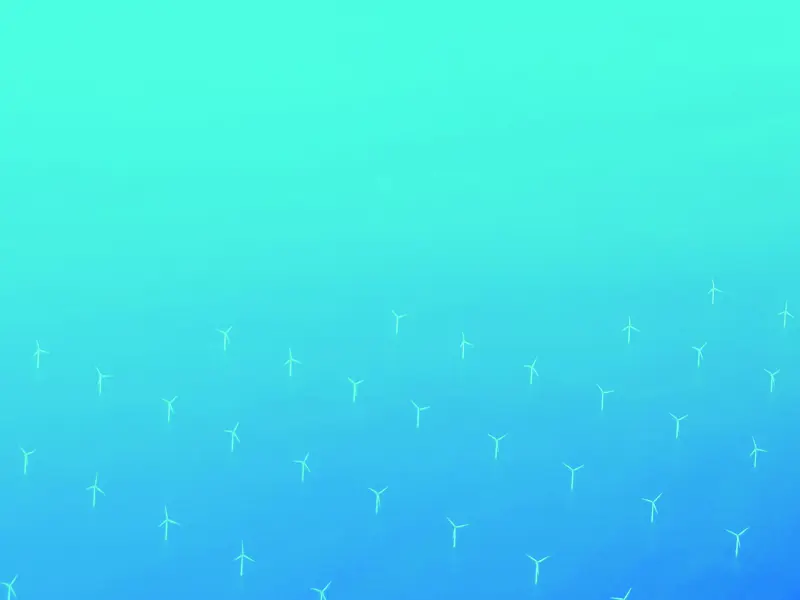FUTURE FIT is Primo’s commitment to sustainability. It’s our promise to be a part of the global movement towards a sustainable future. We’re taking responsibility for creating best practices in our work — for everyone’s benefit.
Our own experts, external bodies, customers, and environmental organisations helped create FUTURE FIT. Now, we have a solid foundation — we are committed to sustainability.
We are deeply concerned about the environment, and we believe that the plastic pollution debate is an opportunity for forward-looking organisations and plastic producers to help define the future of plastics. We are already well underway. Primo takes a proactive position on sustainable production, use, and disposal of plastics, including PVC, leading the way with exemplary practices.
A key challenge for the plastics industry is to promote recycling and reasonable use of plastic. Part of the task must be addressed in conjunction with public authorities, private companies, and research institutions. In other cases, each company must try to increase the sustainability of its own products and materials. Primo works across all fields to meet that goal.
But there is no quick fix. It’s not something we change in any single area, nor a one-time solution. We must incorporate the sustainability agenda into the core of who we are and what we do. We need to think differently and put ourselves in a position where we can challenge the market with innovative and sustainable solutions and promote sustainability.
With FUTURE FIT, sustainability becomes a key part of Primo. It becomes a way to proceed and an approach to any future challenge.



